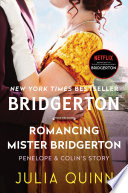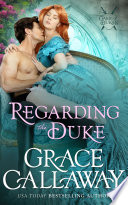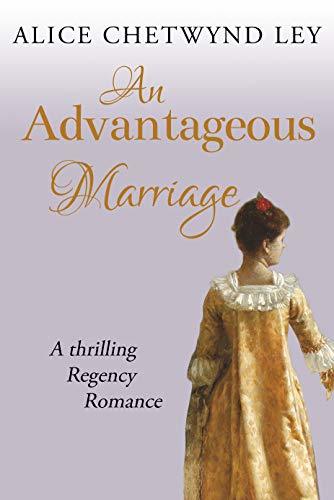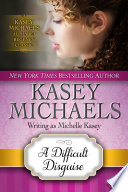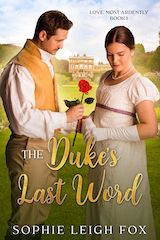Oh the novel. We might guess at its pulp status from the very lips of Jane, herself, speaking about her heroine in Northanger Abbey: “Yes, novels; – for I will not adopt that ungenerous and impolitic custom, so common with novel writers, of degrading by their contemptuous censure the very performances, to the number of which they are themselves adding – joining with their greatest enemies in bestowing the harshest epithets on such works, and scarcely ever permitting them to be read by their own heroine.”
Doing some random blog/book research, I came across a review for a two volume series called “The Privateer” in The Literary Chronicle and Weekly review (1821). The whole thing is so deliciously on point, I publish it now in entirety, completely unapologetically, so that you, too may enjoy the Regency opinion of the novel.
“THERE is not any class of books that comes under our notice that we venture upon with so much reluctance as novels; to venture on a hot pressed and wire wove volume of poems or a more ostentatious 8 volumes of travels is a trivial task to encountering a novel in two or three volumes, the very cutting up the leaves is a laborious duty to say nothing of the cutting up which the work too often deserves afterwards.
We should not forever complain if our labours did not so often go unrewarded, but too frequently after passing over a barren desert without one cheering prospect (the end of the work excepted) and examining, page after page, for a favourable passage or toiling through a tedious story in the hopes that the catastrophe at least may be interesting, we throw the work down in disgust and lament the loss of time which might have been so much better employed.
Such we are compelled to acknowledge is the character of three fourths of the novels that we meet with. There are however some grand exceptions. The Scotch novelist has redeemed the character of the host of novel writers; there are other writers who, though following at a humble distance, are not unworthy satellites of the splendid luminary.
We have been induced to make these remarks as rather apologetic for our introducing to the notice of our readers so few of the novels which are so perpetually teeming from the press but charity to the authors as well as to the public induces us to pass them over in silence. We have said there are exceptions to this rather sweeping denunciation of novels and we must name the work before us as one.
The Privateer is a story of much interest; the language is pleasing and sometimes elegant and the author evinces a knowledge of the world and considerable talents in the pourtraying of individual character as well as in the grouping of the personages in the work which we feel no hesitation in recommending to all our male and female friends who are novel readers .”
In defense of the novel, Joanna Baille (a Scottish poet and playwright) wrote:
“Our desire to know what men are in the closet as well as in the field by the blazing hearth and at the social board as well as in the council and the throne is very imperfectly gratified by real history; romance writers therefore stepped boldly forth to supply the deficiency and tale writers and novel writers of many descriptions followed after…”
A more elegant defense of novel writing I have seldom heard.

